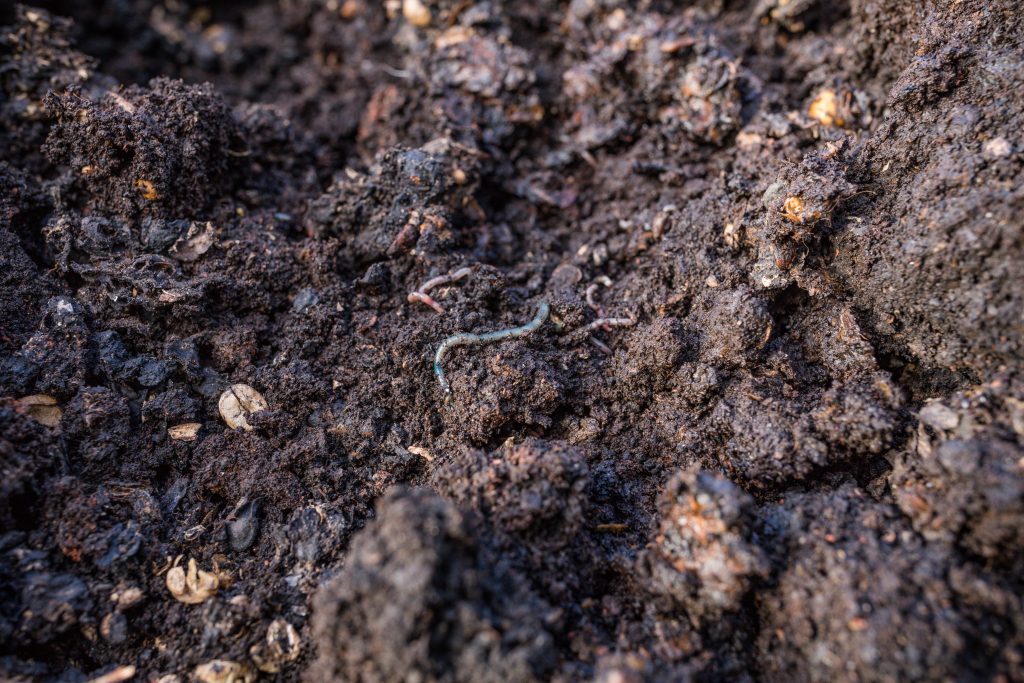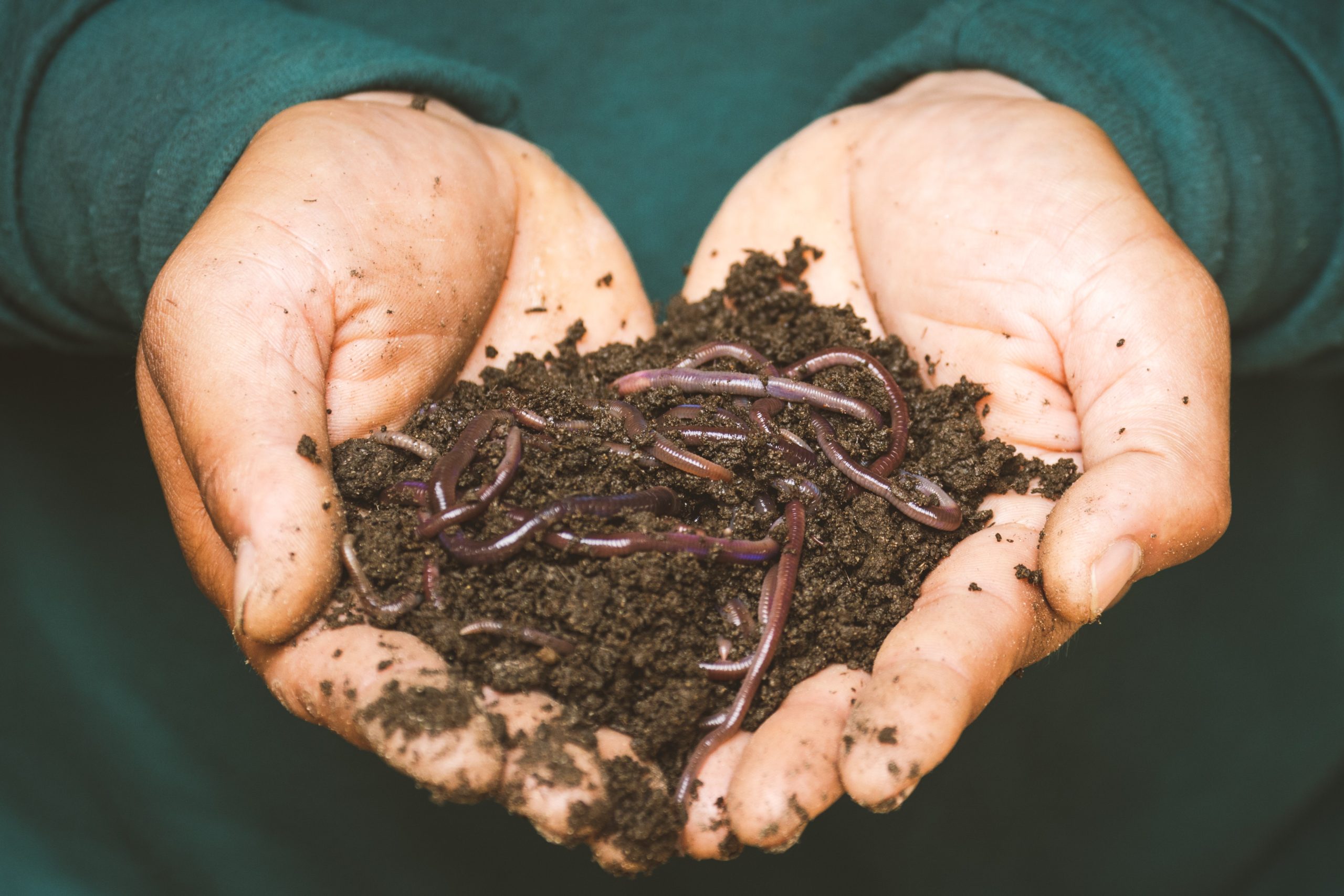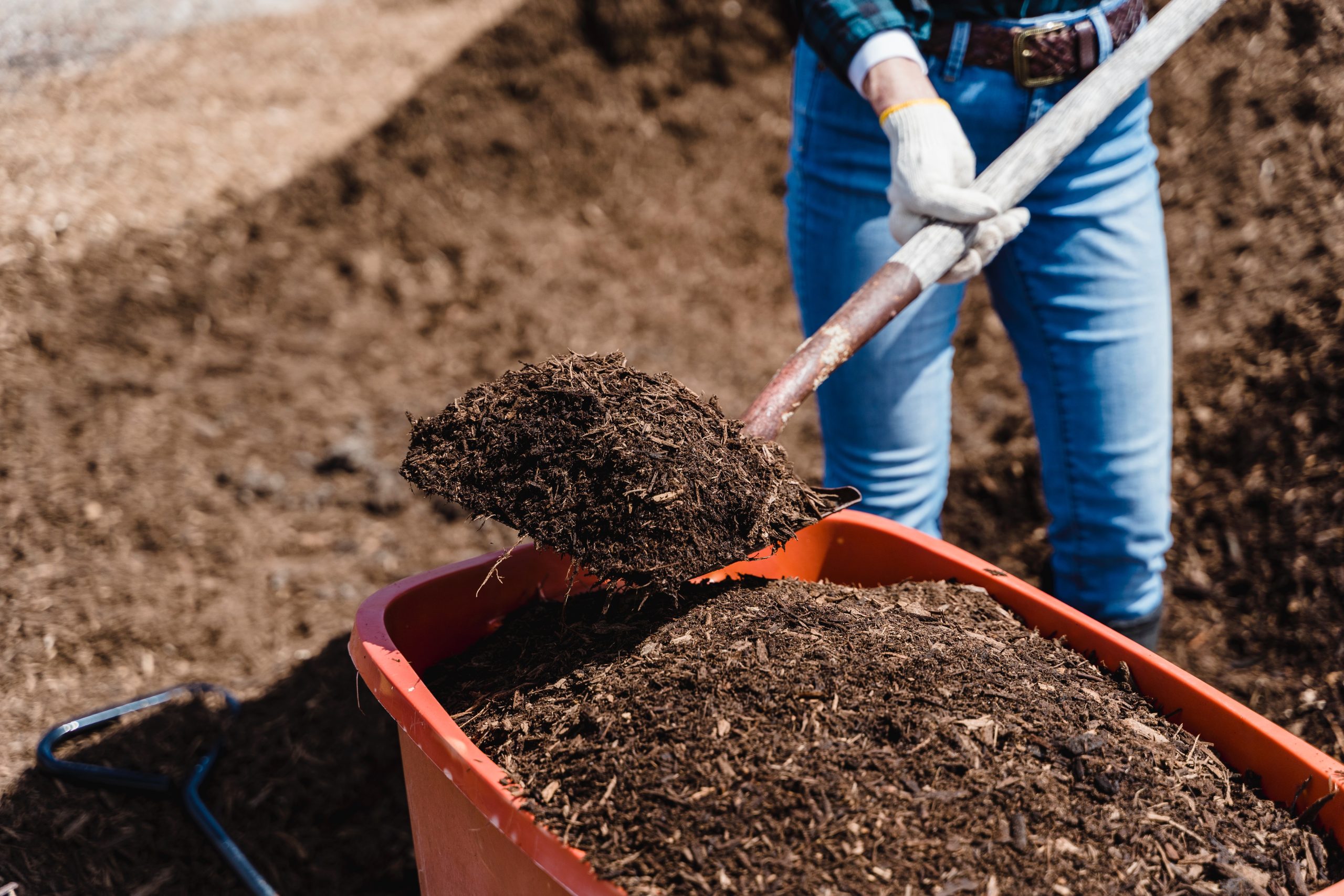To encourage the growth of earthworm populations in your garden, here are a few steps you can take:
- Add organic matter to the soil: Earthworms thrive in soil that is rich in organic matter like compost, leaf litter, and other decaying plant matter. Adding organic matter to your garden beds can help to provide food and habitat for earthworms.
- Avoid using synthetic chemicals: Many synthetic fertilizers, pesticides, and herbicides can be harmful to earthworms and other beneficial organisms. Avoid using these chemicals in your garden, and opt for natural and organic methods of pest and disease control.
- Maintain soil moisture: Earthworms need moist soil to survive. Make sure to water your garden regularly, and avoid letting the soil dry out completely.
- Use cover crops: Planting cover crops like clover, alfalfa, or other legumes can help to increase the amount of nitrogen in your soil, which can attract earthworms.
- Minimize soil disturbance: Earthworms are sensitive to soil disturbance, so avoid tilling your garden too frequently. Instead, use techniques like no-till gardening or shallow cultivation to disturb the soil as little as possible.
- Provide shelter: Earthworms need shelter to protect themselves from the sun and predators. You can provide shelter by adding mulch, leaves, or other organic matter to the surface of the soil.
By following these tips, you can help to create a healthy and hospitable environment for earthworms in your garden, which can improve soil health and promote healthy plant growth.
What do earthworms need to survive?

Earthworms are simple creatures, but they do have specific requirements for survival. Here are some of the things that earthworms need to survive:
- Moisture: Earthworms need a moist environment to breathe through their skin. If the soil is too dry, they can become dehydrated and die. On the other hand, if the soil is too wet, they can drown.
- Oxygen: Earthworms breathe through their skin, so they need access to oxygen. If the soil is compacted or lacks air pockets, it can limit their ability to breathe and survive.
- Organic matter: Earthworms feed on organic matter, such as decaying leaves and other plant material. If the soil lacks organic matter, earthworms may not have enough food to sustain themselves.
- Neutral pH: Earthworms prefer a neutral pH in the soil, around 6.5-7.5. If the soil is too acidic or alkaline, it can affect their ability to survive and reproduce.
- Temperatures within a certain range: Earthworms are cold-blooded creatures, so their body temperature is dependent on their environment. They prefer temperatures between 55-77°F (13-25°C). If temperatures are too high or too low, it can affect their metabolism and ability to survive.
By ensuring that the soil has enough moisture, oxygen, organic matter, a neutral pH, and a suitable temperature range, you can help create an environment that is hospitable for earthworms to thrive. This is important because earthworms play an important role in soil health by breaking down organic matter and improving soil structure.
How do you make earthworms more active?

To make earthworms more active, you need to create a suitable environment that provides them with the conditions they need to thrive. Here are some tips to make earthworms more active:
- Add organic matter: Earthworms feed on organic matter, such as leaves, plant waste, and compost. By adding more organic matter to the soil, you can provide a food source that will encourage earthworms to become more active.
- Maintain soil moisture: Earthworms need a moist environment to move around and breathe through their skin. If the soil is too dry, they will become less active. You can maintain soil moisture by adding mulch or compost, or by watering the soil as needed.
- Avoid using chemicals: Chemicals such as pesticides, fertilizers, and herbicides can harm earthworms and reduce their activity levels. Use natural alternatives or avoid using chemicals altogether.
- Provide a suitable pH level: Earthworms prefer a neutral pH in the soil, around 6.5-7.5. If the soil is too acidic or alkaline, it can affect their activity level.
- Use cover crops: Cover crops, such as clover or rye, can help improve soil health and provide a habitat for earthworms. They also provide a food source for earthworms when they decompose.
- Till the soil sparingly: Tilling the soil too frequently or aggressively can harm earthworms and reduce their activity levels. Try to minimize tilling and use no-till methods when possible.
By following these tips, you can create an environment that is hospitable for earthworms and encourage them to become more active. This is important because earthworms play a vital role in soil health by breaking down organic matter, improving soil structure, and cycling nutrients.




Thank you for the info, this help people like me who grow full 100% organic vegetables.
Thank you!